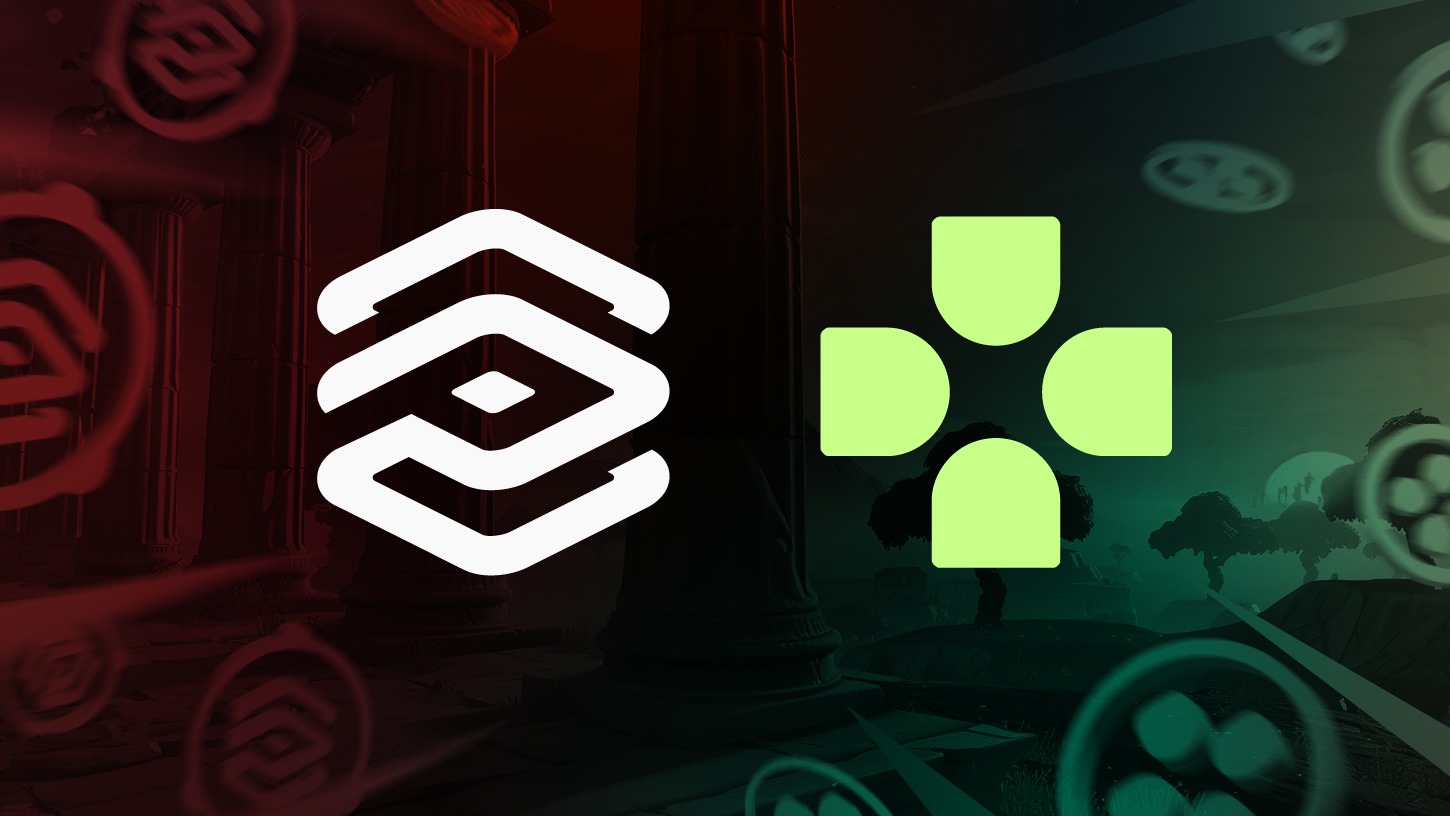The Shanghai upgrade of the Ethereum network has been successfully completed, allowing users who staked billions of dollars worth of cryptocurrency to withdraw funds.
The upgrade completes the process of changing Ethereum from a proof-of-work to a proof-of-stake network, a process which began in September last year with the famous “Merge” event.
The merge massively reduced the network’s power consumption because transactions are now validated by a network formed by agents who have staked Ethereum, as opposed to agents performing complex calculations.
Until the Shanghai event, people who had staked Ethereum were not able to “unstake” or withdraw it from the network.
Why is it called “Shanghai”?
The price of ether, or ETH, remained stable after the event, which is named “Shanghai” after the location of a past Ethereum developer’s conference. This conference, known as Devcon, has been hosted at irregular intervals in different cities, beginning with Berlin in 2014.
A foundational principle of blockchain networks is that distributed nodes validate transactions independently, but in order for the system to work, there has to be a cost associated with validation.
With proof-of-work networks like Bitcoin, this cost is imposed by the requirement to solve complex mathematical problems. This works for network integrity, but results in massive amounts of electricity being used solely to achieve legitimacy.
To balance the cost associated with legitimizing validation, there has to be a reward system, which is doled out in the form of the network’s cryptocurrency.
This is why, following the merge, validators staked more than $34b worth of ETH, which successfully allowed Ethereum to continue running. The stakers earn ETH based on the size of their stake, analagous to earning interest on a bank deposit.
Until the Shanghai event, also known as the Shapella Upgrade, stakers have been unable to withdraw both profits and the initial stake.
Enjoy our reporting? Sign up for the Pharos newsletter and receive an update every week for free.














